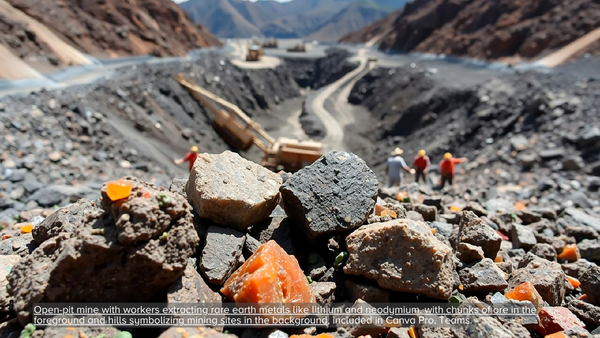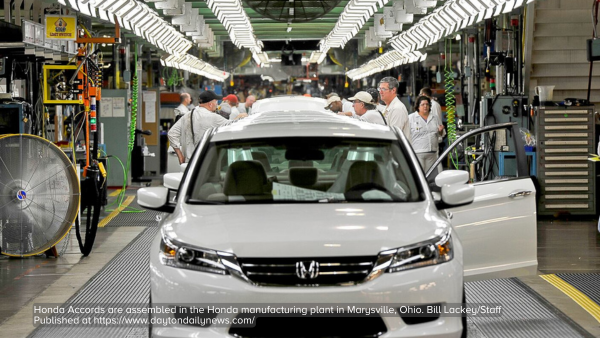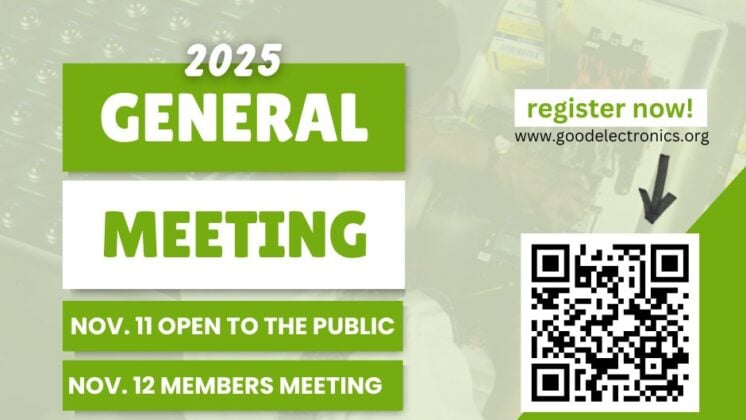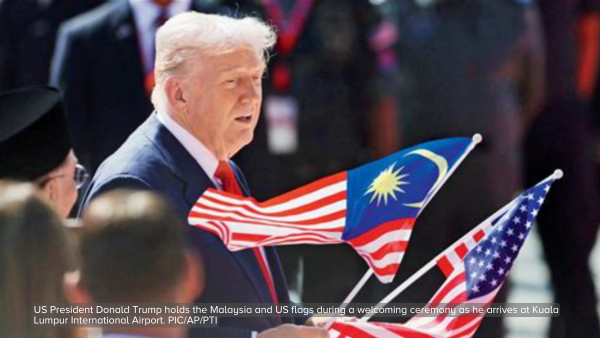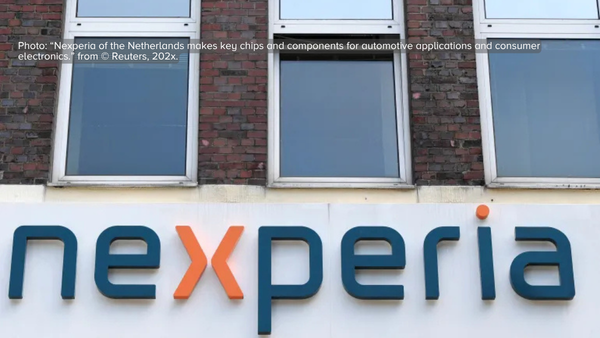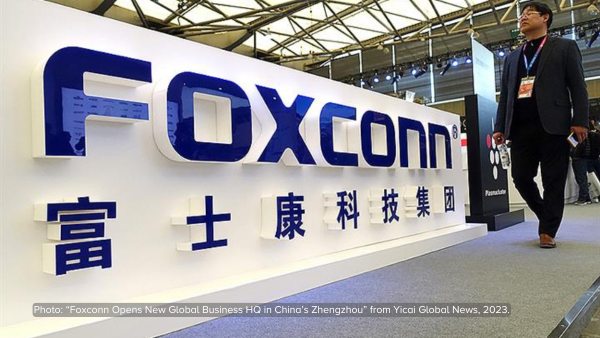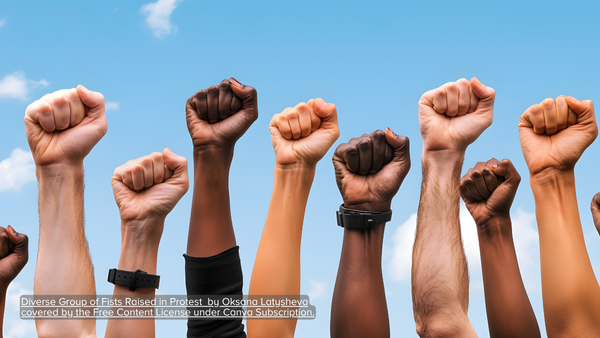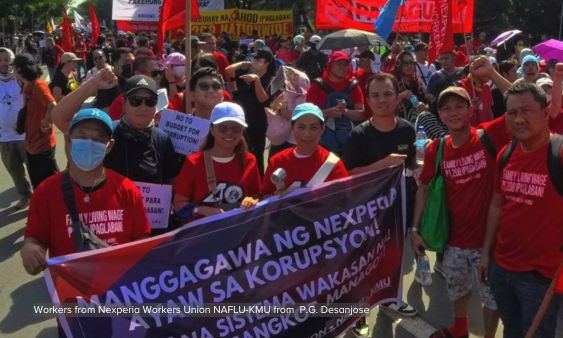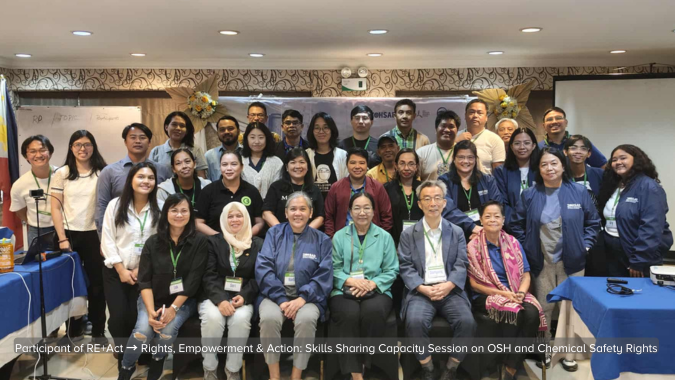The GoodElectronics Network organised a round table on Responsible Mining for Electronics this week that was hosted by the Netherlands Ministry of Foreign Affairs. The round table has opened up roads for further action towards improving working and living conditions of miners and communities in mining regions.
The GoodElectronics Network organised a round table on Responsible Mining for Electronics this week that was hosted by the Netherlands Ministry of Foreign Affairs. The round table has opened up roads for further action towards improving working and living conditions of miners and communities in mining regions.
Among the participants of the round table there is broad agreement for the need to address human rights, socioeconomic and environmental problems related to the mining of minerals that are used in electronics products.
The GoodElectronics round table was hosted by the Netherlands Ministry of Foreign Affairs and co-organised by Friends of the Earth/Milieudefensie and the Stop Child Labour Coalition. The meeting had a very diverse participants' field, including representatives of the electronics sector, socially responsible investors, banks, environmental groups, trade unions, human rights organisations, research institutions, consultants, and of the Dutch Ministry of Foreign Affairs.
The round table was successful in bringing together different players and economic actors with very different interests and perspectives that don’t often meet. In terms of networking, information sharing and preparing for further dialogue and collaboration the meeting realised its objectives. Participants gained much-needed further insights in the complexities of the mines-to-electronics products supply chain, as well as in the difficulties of designing lasting solutions that also benefit the most vulnerable parties involved.
A good example is the pre-mining consultation of local communities in countries like the DRC. Although this may take place seemingly in accordance with international norms, when no attention is paid to corruption and bribery, and when there is no check on whether promises are properly fulfilled, in the end the local communities will still suffer. Legislation to curb conflict-minerals from entering the supply of electronics brands, may lead to smuggling and an increase of mining of such minerals in other socio-economic vulnerable regions that receive less international scrutiny.
Eventually, very few brand name companies accepted the GoodElectronics’ invitation. The exceptions being Apple, Samsung, Royal Philips, Philips Lighting, and Fairphone. International industry body EICC attended, as well as two Dutch business associations. For the telecommunication industry providers Vodafone and KPN were present.
Various promising approaches to deal with human rights abuses were presented at the meeting, and all participants spoke freely about their experiences and their different perspectives on the way forward. Presentations about niche initiatives like fair trade gold and child labour free zones around gold mines were received with interest, but the ambition of the industry to participate in such initiatives and scale them up, seems limited, at the moment.
Nevertheless, among the participants of the round table there is broad agreement for the need to address human rights, socioeconomic and environmental problems related to the mining of minerals that are used in electronics products. The past years, progress has been made in addressing issues around the mining and trading of so-called conflict minerals (tin, tungsten, tantalum and gold, ‘3TG’) from the Democratic Republic of Congo. Now, it is high time to expand the scope of work to other minerals from other regions.
Pauline Overeem (coordinator GoodElectronics): “The round table contributed to opening the eyes of important players to the problems on miners and mining communities in Indonesia, Congo (DRC) and Mali, related to cobalt, gold and tin mining in these countries. The presentations and visual testimonies of the Southern organisations, speaking on behalf of affected child workers and communities, made it clear that the electronics industry together with other players along the value chain, should increase their work on making mining more responsible.”
GoodElectronics is committed to following up on the issue. A report of the meeting will be published shortly, including the organisers’ statement that expresses principles of responsibility and a call for urgent action on the industry, in particular related to cobalt mining from DRC, child labour in artisanal tin and gold mining in countries like Mali, Uganda, the Philippines, and a call to outlaw the use of mercury in artisanal gold mining.

